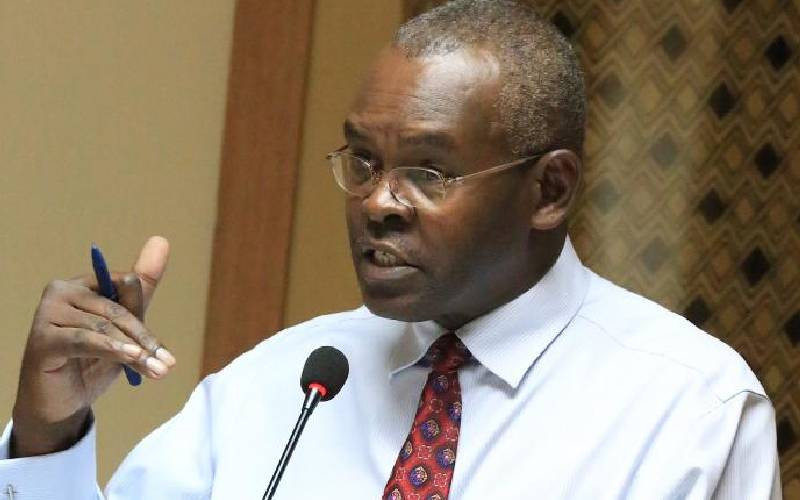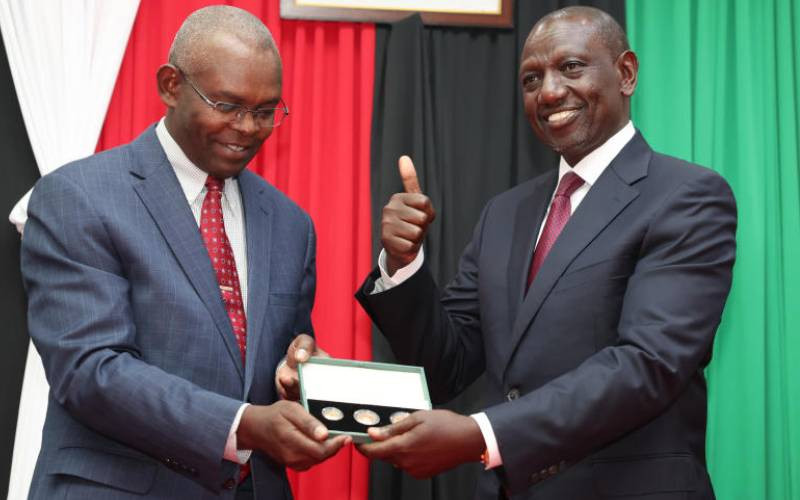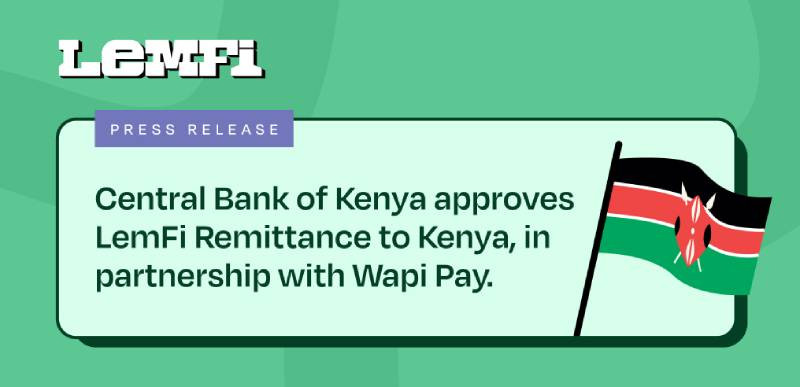The days of individuals hiding their ill-gotten wealth or cash in banks’ safe deposit boxes are numbered.
This is after the Central Bank of Kenya (CBK) gave banks until the end of this year to ensure that safe boxes and lockers are free of any dirty cash and illegal items as the regulator intensifies the war against dirty money.
In a circular to all chief executives of all regulated financial institutions, CBK asked lenders to verify contents of the boxes and review their current policies and procedures to minimise the risk of these services being used for illegal activities, including money laundering.
Safe boxes, not just in banks but in other places such as hotels as well, have become safe havens for illegally acquired wealth which includes cash and precious metals such as gold and silver.
However, CBK has said that such boxes in banks must be subjected to rules governing illicit financing, known as Anti-Money Laundering and Combating the Financing of Terrorism (AML/CFT) obligations.
Customers will thus be obliged to reveal the content of the safety box and the same will be provided to CBK at the end of every trading day.
“It is only through verifying the contents of the boxes that they (banks) can, for instance, understand their customer, develop procedures to combat money laundering through safety boxes and report any suspicious activities,” said CBK’s Director of Bank Supervision Department Gerald Nyaoma.
Risks exposure
Verification of the contents of safety boxes or lockers to ascertain that they do not contain illegal items, including proceeds of crime, said Mr Nyaoma, should be completed by end of this year and should be done in the presence of a customer.
Besides verifying the contents of the safety boxes, banks have also been tasked with reviewing their current policies and procedures on safety boxes/lockers as well as their terms and conditions to align them with the Proceeds of Crime and Anti-Money Laundering Regulations (POCAMLA).
“The revised policies and procedures should be submitted to the Central Bank by December 31, 2020,” said Nyaoma.
Last year, a customer allegedly kept Sh2.6 billion in fake dollars at BSA Bank of Kenya, then Barclays Bank of Kenya, Queensway branch, Nairobi, leading to the suspension of the service by the lender.
Detectives also found fake gold in another safe deposit box in the same branch belonging to this customer.
“Whilst we have operated the safe deposit box service in line with local and global regulatory requirements, we recognise the emergence of new financial crime risks associated with the use of this service. Therefore, as an extra precaution, we have taken a decision not to take any new safe deposit boxes,” said ABSA Kenya CEO Jeremy Awori in a statement.
Nyaoma highlighted various provisions of POCAML, which require banks to be vigilant and report any suspicious transactions in the safety deposit boxes.
Stay informed. Subscribe to our newsletter
Banks will also be expected to understand the businesses of clients putting money in their safety deposits, put in place internal control measures, flag and report any suspicious transactions by those putting money in them.
Banks will also be expected to report the source of the funds.
But the regulations might overstep into the sacred fronts of bank-customer confidentiality, according to Gad Ouma, a partner at G M Gamma Advocates.
Confidentiality
“The items in the safe deposit box are placed by the customer; therefore, the bank rarely knows what the contents are. This is to preserve the customer’s confidentiality and also to provide the customer with a sense of security,” said Mr Ouma.
As such, he noted, safe deposit boxes are provided by banks purely based on trust — that the customer will keep items that are legal and do not compromise the bank.
As part of the wider war against dirty money, the National Treasury in Finance Bill 2019 had given a proposal for lawyers to disclose the financial dealings of their clients, but they were shot down by legislators who thought it was in breach of bank-client confidentiality.
The government is afraid that criminals have been hiding behind the confidentiality clause to launder money.
However, in the case of Absa, the lender insisted that the money in the safety deposit boxes did not find its way into the banking system.
 The Standard Group Plc is a
multi-media organization with investments in media platforms spanning newspaper
print operations, television, radio broadcasting, digital and online services. The
Standard Group is recognized as a leading multi-media house in Kenya with a key
influence in matters of national and international interest.
The Standard Group Plc is a
multi-media organization with investments in media platforms spanning newspaper
print operations, television, radio broadcasting, digital and online services. The
Standard Group is recognized as a leading multi-media house in Kenya with a key
influence in matters of national and international interest.
 The Standard Group Plc is a
multi-media organization with investments in media platforms spanning newspaper
print operations, television, radio broadcasting, digital and online services. The
Standard Group is recognized as a leading multi-media house in Kenya with a key
influence in matters of national and international interest.
The Standard Group Plc is a
multi-media organization with investments in media platforms spanning newspaper
print operations, television, radio broadcasting, digital and online services. The
Standard Group is recognized as a leading multi-media house in Kenya with a key
influence in matters of national and international interest.









